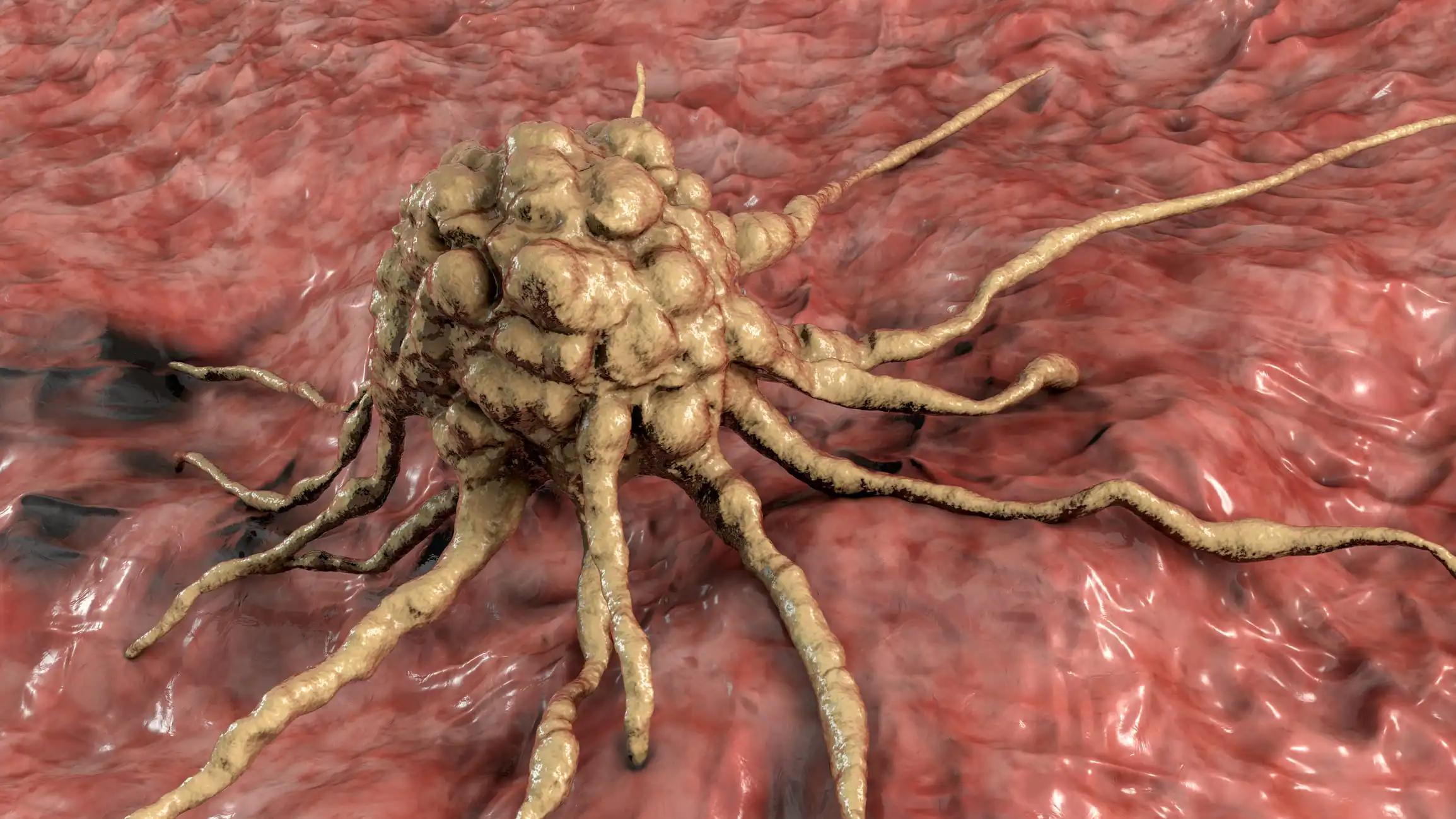KEY TAKEAWAYS
- The study aimed to assess naringenin’s anticarcinogenic potential by examining its effects on ROS production, mitochondrial function, and melanoma cell apoptosis.
- The results demonstrated that naringenin induces oxidative stress, mitochondrial damage, autophagy activation, and cell apoptosis in melanoma cells.
Melanoma, originating from melanocytes, is a widespread malignant tumor. Overcoming drug resistance poses a challenge in its treatment, emphasizing the need for innovative therapeutic approaches. Naringenin, abundant in citrus fruits like oranges and known for its diverse medicinal properties, shows promise in the treatment line.
Pincha Devage Sameera Madushan Fernando and the team conducted the study, which aimed to investigate naringenin’s potential as an anticarcinogenic agent by analyzing its impact on regulating reactive oxygen species (ROS) production, mitochondrial function, and apoptosis in melanoma cells.
The study evaluated cell viability, intracellular ROS levels, cell apoptosis, and mitochondrial functions.
The results demonstrated that naringenin reduced melanoma cell viability and induced ROS production, resulting in apoptosis. Additionally, it promoted mitochondrial damage by increasing Ca2+ and ROS levels while decreasing cellular ATP. Naringenin upregulated the expression of proapoptotic proteins, such as phospho p53, B-cell lymphoma-2 (Bcl-2)-associated X protein, cleaved caspase-3, and cleaved caspase-9, in a time-dependent manner.
Moreover, it downregulated the expression of the anti-apoptotic protein Bcl-2. Naringenin-induced apoptosis through c-Jun N-terminal kinase phosphorylation and cellular autophagy stimulation.
The study concluded that naringenin induced oxidative stress and mitochondrial damage while activating autophagy in melanoma cells, ultimately resulting in cell apoptosis. These findings suggest naringenin’s potential as a promising therapeutic candidate for melanoma. No funding information was available.
Source: https://pubmed.ncbi.nlm.nih.gov/38423648/
Fernando PDSM, Zhen AX, Piao MJ, et al. (2024). “Naringenin Induces Cellular Apoptosis in Melanoma Cells via Intracellular ROS Generation.” Anticancer Res. 2024 Mar;44(3):1079-1086. doi: 10.21873/anticanres.16903. PMID: 38423648.



